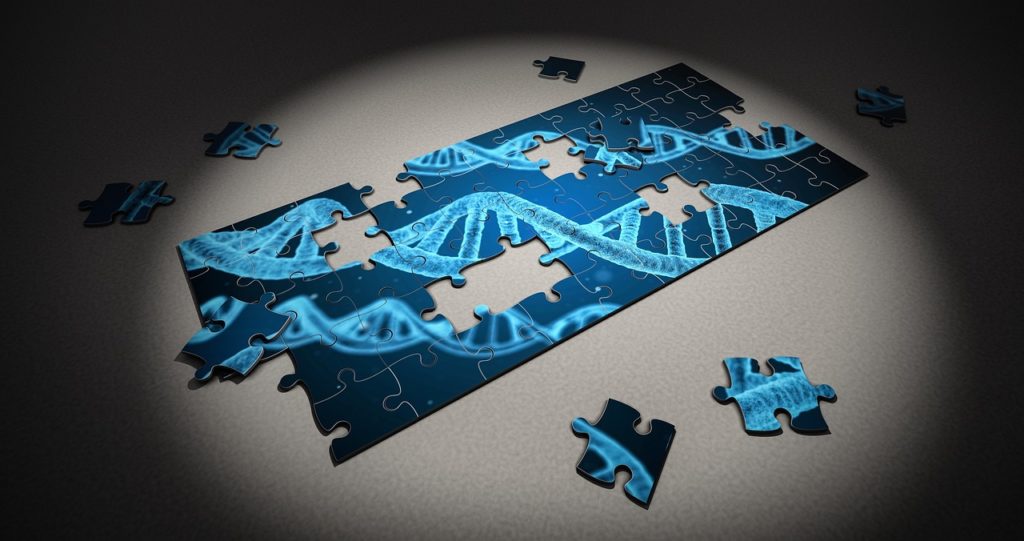Liam from Dallas, TX sent us this question: “I am 57 years-old, and in excellent shape. I had LINX™ surgery performed in May 2021. I am having significant problems with swallowing now.
I am scheduled to see my surgeon next week. I am scared that my swallowing problems are permanent, but his surgical assistant told me that “dysphagia” in some patients require Dilation. I just cannot understand why the LES would cause problems with “swallowing.” I hope it does, and that this is not something more serious. Please tell me that swallowing problems (in my throat area) are associated with LINX™. Also, can I just get it removed without the fundoplication? I just want this thing out. I would do anything to be normal again. Thank you so much for any advice. Liam”
Dear Liam,
Late onset dysphagia (difficulty swallowing) after LINX™ placement requires further investigation and testing prior to endoscopic balloon dilation. Barium swallow is first performed to rule out LINX™ erosion, LINX™ migration into chest and recurrent hiatal hernia. At Houston Heartburn and Reflux Center, we perform a concomitant esophageal manometry to rule out loss of esophagus contractions and ineffective esophageal motility as a cause for dysphagia. LINX™ removal and subsequent or concomitant conversion to fundoplication surgery are indicated if any of the above conditions are confirmed.
LINX™ removal alone without fundoplication surgery puts you at risk for recurrent acid reflux disease. Hiatal hernia repair by itself following LINX™ removal is not enough prevent acid reflux. Nissen or Toupet fundoplication is needed to recreate the anti-acid reflux barrier and stop GERD.
A properly performed Nissen fundoplication and hiatal hernia repair is currently the most reliable treatment for acid reflux disease. The procedure is safe, and it is associated with less than 1% complication rate. At Houston Heartburn and Reflux Center, our dysphagia rate following Nissen fundoplication and hiatal hernia repair is zero.

